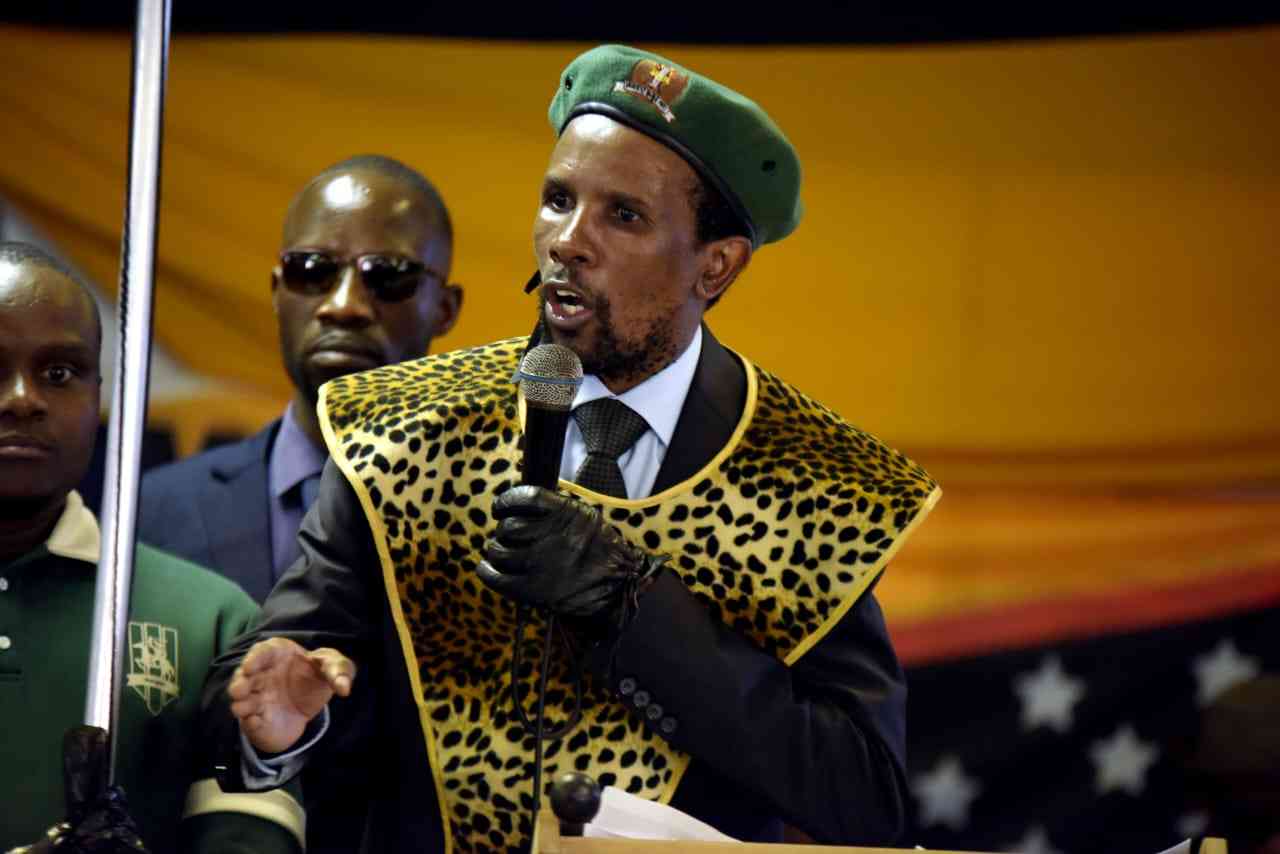
Zimbabwe’s creative sector has never lacked talent.
From musicians, comedians and poets to filmmakers and designers, the country continues to produce brilliance that can stand on any global stage.
Yet, too often, that brilliance fades into obscurity, not because the work lacks quality, but because the artists lack one critical tool: networking.
In a world where opportunities are increasingly tied to who you know and how you connect, Zimbabwean creatives cannot afford to remain isolated.
They must deliberately weave themselves into national and international conversations, not just to showcase their work, but to make their voices globally relevant.
Networking is not about collecting contacts or flattering the powerful, it is about building intentional, authentic relationships that open doors and create mutual growth.
Unfortunately, in Zimbabwe, networking has often been distorted by the rise of the mbinga culture, where creatives attach themselves to wealthy benefactors, sacrificing integrity for short-term rewards.
This has undermined the credibility of the arts. True networking, however, is rooted in collaboration, mentorship and partnerships that add value to everyone involved.
- Diamond mining in Zimbabwe: A story of the people fighting state and corporate human rights abuses and their stranglehold on natural resources
- UZ students arrested for demanding political reforms
- Harare woman suffers victimisation
- Banks agree to scrap charges
Keep Reading
Authenticity remains the cornerstone.
Real networking attracts vast opportunities, partners, sponsors and visibility.
For musicians, it might mean connecting with community-driven radio stations like Khulumani FM, Star FM and or Skyz Metro to grow audiences.
For writers and poets, it could be about aligning with festivals such as Intwasa Festival or the Zimbabwe International Book Fair, which open doors to global collaborations.
Across Africa, we see how strong networks have amplified artists: South Africa’s Black Coffee moved from small gigs to Grammy stages by leveraging connections; Nigeria’s Burna Boy collaborated his way into global relevance.
Zimbabwean creatives must learn from these models.
Networking is also about positioning yourself as a “destiny helper” for others.
Just as one introduction can change your life, so too can your support change someone else’s.
Imagine if established musicians mentored younger ones on contracts and stagecraft, or if writers pooled resources to publish new voices.
This kind of intentional investment would strengthen the entire creative sector, turning individual wins into collective progress.
The examples are already here.
Nobuntu, the globally celebrated acappella group, built strong ties with cultural institutions abroad, opening stages far beyond Bulawayo.
Nitefreak, Zimbabwe’s fast rising superstar in electronic music, who is currently amongst the best DJs in the world, has shown how partnerships with international DJs can catapult local talent onto global platforms.
These successes prove that networking, when authentic and strategic, definitely works.
For Zimbabwean creatives, aligning with global causes is also vital.
Whether addressing human rights, migration or climate change, artists have the power to make local stories resonate internationally.
For instance, a poem about displacement in Matabeleland and or Gukurahundi can connect to global refugee debates, giving Zimbabwean voices a seat at the global table and many other themes that could be explored and implored to global creative podiums.
We ought to change the general outlook of networking in Zimbabwe's creative landscape, for it is definitely not a luxury but a lifeline.
It builds resilience, amplifies voices and transforms isolation into influence.
The future of Zimbabwe’s arts will not be decided by individual talent alone, but by the strength of connections that champion that talent into new global spaces.
By embracing collaboration and authenticity, Zimbabwean creatives can turn their craft into a powerful force that inspires at home and resonates across the world.









